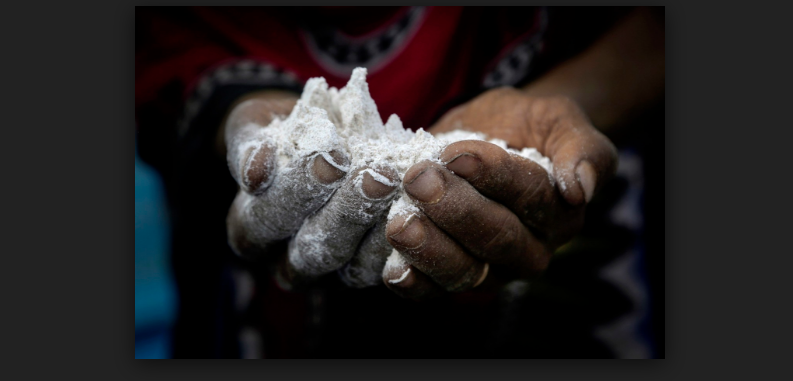What Should Yemenis Do? Eat the Soil?
YemenExtra
SH.A.
Aid agencies have warned that Yemen is “at the point of no return” after new figures released by the UN indicated 17 million people are facing severe food insecurity and will fall prey to famine without urgent humanitarian assistance.
A total of 6.8 million people are deemed to be in a state of emergency, one step from famine on the five-point integrated food security phase classification (IPC), the standard international measure, with a further 10.2 million in crisis. The numbers reflect a 21% increase in hunger levels in the Arab world’s poorest state since June 2016.
Taiz and Hodeidah governorates, home to almost 25% of Yemen’s 28 million-strong population and the scene of intense war since the outbreak of war in 2015, are at particularly heightened risk of famine.
“The numbers affected are absolutely extraordinary,” said Mark Kaye, Save the Children’s Yemen spokesperson.
“We keep on talking about a country that’s on the brink of famine, but for me these numbers highlight that we’re at the point of no return. If things are not done now we are going to be looking back on this and millions of children will have starved to death, and we’ll all have been aware of this for some time. That will shame us as an international community for years to come.
“The problem is that you see the numbers but you don’t see the people behind it,” he said. “I’m always concerned when we’re waiting for a tick-box to happen before we say, ‘This is famine.’
“This crisis is happening because the Saudi-led coalition, food and supplies can’t get into the country. Yemen was completely dependent on imports of food, medicine and fuel prior to this crisis.
“There is no food, no pure water, no electricity, nothing. One day, a businessperson came to us and give us dishes and spoons but I told him sarcastically, ‘What should we do with these? Eat the soil?’”

